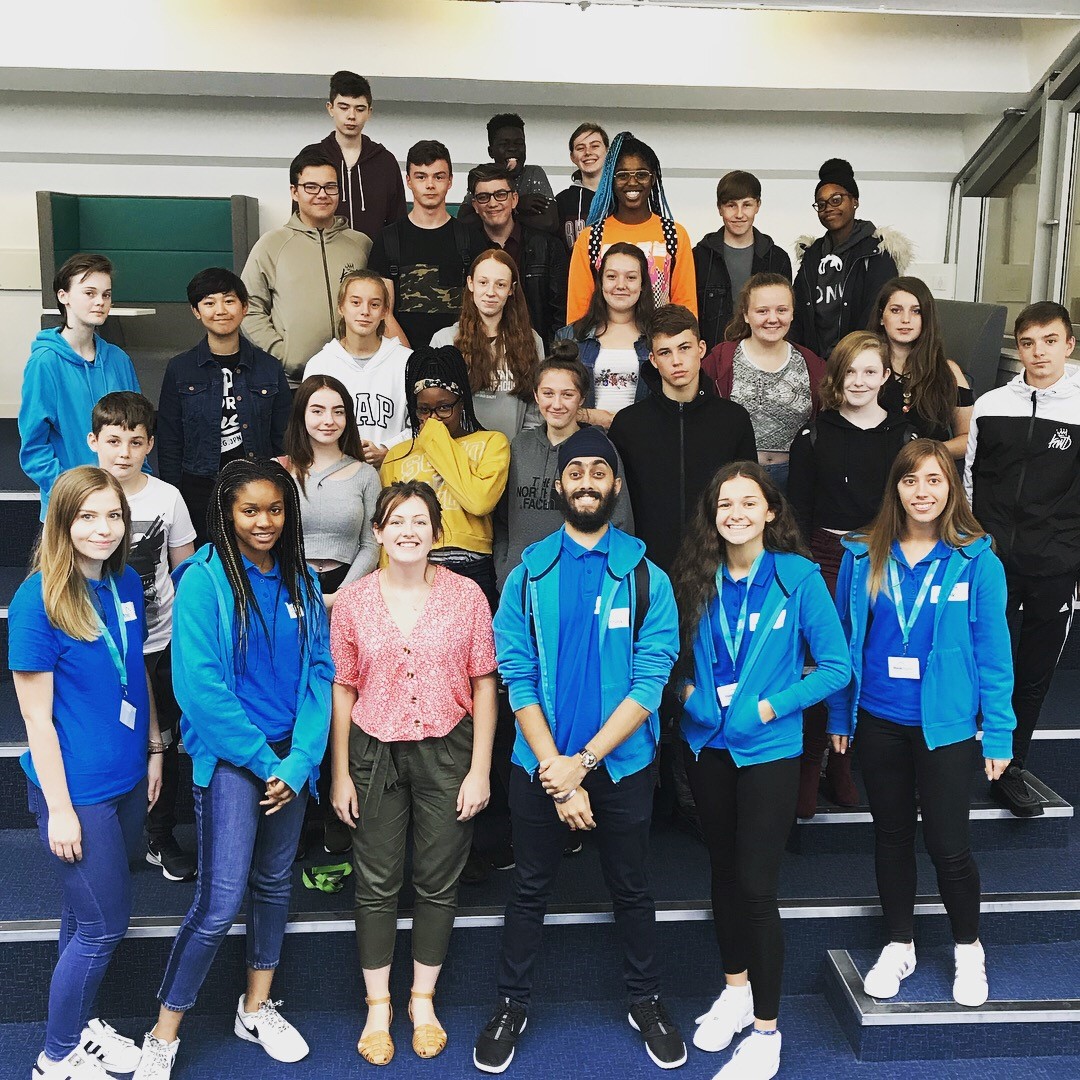Parent and Carer Zone

How can I support my child with decision making?
As a parent you have a large role to play in giving help and support to your child when it comes to making decisions such as choosing a college or a career.
We have collated some helpful resources, information and guidance to help you to understand the different pathways and options available for your young person, as there is a lot out there.
Will my child find out about all the options available to them from school?
What is important for parents and carers to know is that all schools are required to ensure that students from Year 8 to Year 13 are provided with independent careers advice and guidance and that there is opportunity for a range of education and training providers to access all pupils in these year groups for the purpose of informing them about their options.
View in more detail: Careers guidance and access for education and training providers.
What can my child do after Key Stage 4?

Full Time Education
There are several different choices here. First, you can stay at school in your sixth form (if they have one) and study academic subjects at A Level. You’ll usually study 3 to 4 A levels which take 2 years, at the end of which you’ll take an exam in each of the subjects.
Alternatively, you can study both academic (A-Levels) and/or a vocational course (BTEC) at your local Further Education college or Sixth Form College. Some students may prefer a college, which offers a more different environment to a school and can offer a wider range of subjects to choose from.

Technical Levels (T Levels)
T Levels are new two-year courses equivalent to three A levels. They launched in September 2020 to students in England. This means that after their GCSEs, students now have the option to study either T levels, A levels, a Level 3 apprenticeship, or another equivalent qualification.
T Levels are based on the same standards as apprenticeships, designed by employers, and will offer around 1,800 hours of study over two years. This will include a 45-day work placement, so T Levels will be more suited to students who know what occupation or industry they want to move into.

Apprenticeships
From KS4, students can go onto a Level 3 Apprenticeship if they wish. An apprenticeship is a paid job where the employee learns and gains valuable experiences.
Alongside on-the-job training, apprentices spend at least 20% of their working hours completing classroom-based learning with a college, university or training provider which leads to a nationally recognised qualification.
An apprenticeship includes:
- paid employment with holiday leave
- hands-on-experience in a sector/role of interest
- at least 20% off-the-job training
- formal assessment which leads to a nationally recognised qualification

Work Experience
Why should your child still undertake work experience? What is the importance of it?
Spending as little as one day with an employer, doing simple tasks or merely work shadowing (watching an experienced employee at work) can be hugely beneficial for your child. Reasons for doing work experience include:
Developing transferable skills, such as communication and teamworking
Understanding how organisations work or bringing a job they have read about to life
Building confidence in interacting with adults
Confirming an interest in a career or (equally useful!) deciding it is not for them
A foot in the door - if they impress the employer they may be asked back on a more formal arrangement such as an internship, or encouraged to apply when vacancies arise.
Providing valuable content for a UCAS personal statement, to give evidence of an interest in a particular subject/occupation
